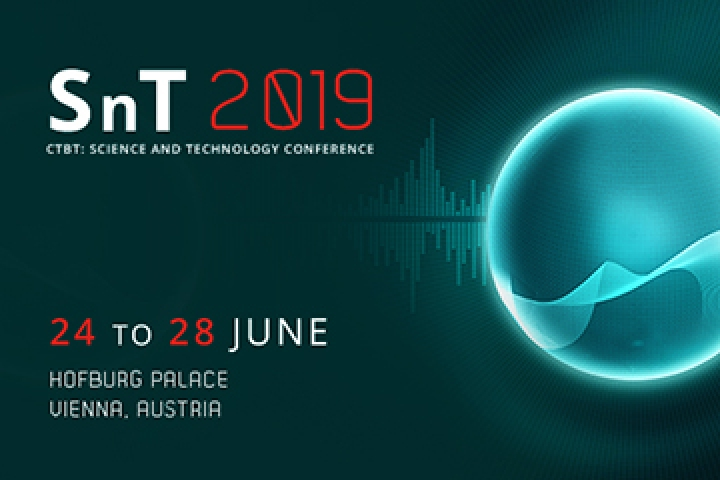Speaker
Description
Decision makers serving in policymaking organs of international arms control, disarmament and non-proliferation instruments often consider and review information with significant scientific underpinning. This includes approval of lists of new inspection equipment; approving the addition of scientific content for validated databases; budgeting and/or resource allocation for relevant scientific research; and/or reviewing analytical results from inspections or investigations of non-compliance. Engagement with scientific communities helps to ensure that an organisation remains abreast of developments in science and technology, and can continue to develop capabilities that enhance operational effectiveness. At the technical level this interaction proceeds through running experiments, analyzing data and speaking in scientific jargon – yet the same key technical information must also be conveyed to decision makers, many of whom have no formal scientific training, but require adequate levels of scientific literacy to carry out their duties. The connection of science to policy is commonly facilitated through a scientific advisory mechanism which sits at an interface between science and international diplomacy. Taking the Chemical Weapons Convention as an example, we will discuss challenges, successes and lessons learned from the provision of scientific advice to disarmament treaty policymakers facing a variety of routine and non-routine issues in treaty implementation.

